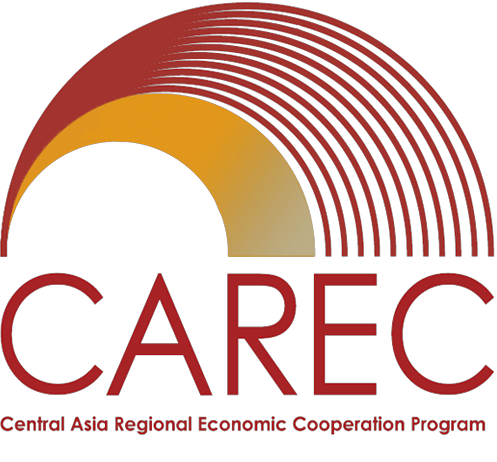Regional Consultation Workshop on Cooperation in Shared Water Resources in Central Asia: Past Experience and Future Challenges
Purpose
Sharing water resources is a challenge at community and river basin levels. Managing scarce water resources among competing uses-such as for irrigation, industry, households, and recreation-becomes even more challenging when users live in bordering countries and share the same source. Because water is essential to all aspects of life, regional management of the resource is beyond the scope of any individual country or sector.
Effective cooperation is seen as important at three primary levels:
- among community users, where families often compete for basic household water needs;
- within the river basin, where local governments and administrative units compete for access and use of the resource (such as for irrigation, industry, drinking water, or domestic use); and
- where waters cross international boundaries and arrangements among the riparian countries are necessary to manage the competition for use and arrive at collaborative solutions.
ADB helped Central Asian countries organize a thematic session on Shared Water Resources Management at the 3rd World Water Forum (WWF) in Kyoto, Japan in March 2003. The session focused on opportunities and challenges experienced in the management of Syr Darya and Amu Darya rivers in the Aral Sea basin.
To prepare for the WWF, ADB facilitated a Regional Consultation Workshop on Cooperation in Shared Water Resources in Central Asia to learn more about
- current experience, issues, constraints and opportunities for regional cooperation in shared water resources;
- policy, legal, and institutional issues, constraints, and opportunities;
- and strategic directions for regional cooperation.
Objectives
The workshop provided an opportunity for Central Asian representatives, donors, and other interested stakeholders to consult on the issues of regional water security for the region. It also built better mutual understanding of transboundary water issues and offered a dynamic and interactive process designed to
- strengthen collaboration,
- promote coordination, and
- consider new directions for assistance to Aral Sea basin states in the area of transboundary water resources.
Inputs and Processes
Workshop inputs included case studies on innovative practices and thematic papers. The process involved keynote presentations, dialogues with community representatives, and working group sessions.
Expected Output
The outputs of the workshop were
- a plan of participation of riparian states in the 3rd World Water Forum, and
- a strategy for donor participation in strengthening regional cooperation in shared water resources management in Central Asia.
Organizers
The workshop was organized by ADB, assisted by the Interstate Committee for Water Coordination (ICWC) — the regional water sector planning body of Central Asia — and hosted by the Committee for Water Resources, Ministry of Natural Resources and Environmental Protection, Republic of Kazakhstan.
Target Participants
Participation was by invitation. Approximately 50 participants from across the Central Asian region were expected to attend the workshop. These included
- country representatives from the governments in the region and civil society,
- experts and case study presenters from the water and related sectors, and
- representatives from development institutions.
Equal representation with emphasis on gender balance is expected.
